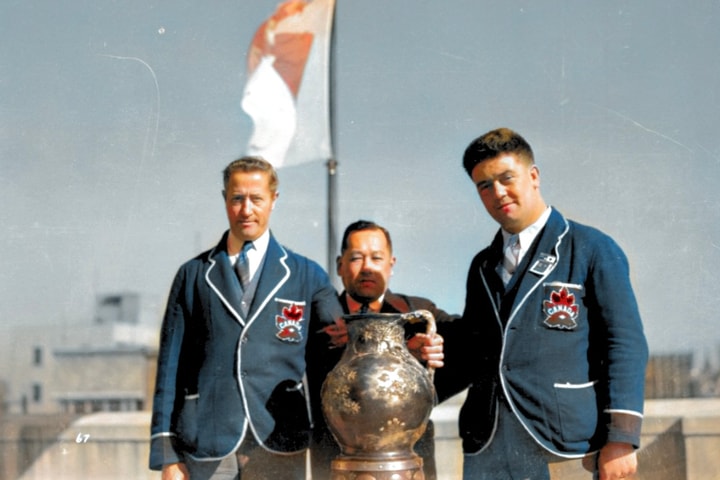A variation to be savored at club stadia in France is the way
supporters are encouraged to respond to events on the pitch by
brass bands who sustain a cacophony of sound (much of it musical!)
through the 80 minutes of a game. Whether you travel to Stade
Francais, Clermont or Toulouse for example, you are certain to
encounter a band often accompanied by skilled rhythmic drumming. In
Toulon, there is the unique and intimidating pre-kick-off battle
cry, the "Pilou, Pilou" led by a lone singer accompanied by the
home supporters.
Coaches in the professional era will endorse the power of music
for their teams, the use of appropriate music as the team waits in
the tunnel before running on to the pitch can have a powerful
impact. Much debate goes into selecting the music the team wants to
use at that critical time.
Rugby as a sport can reflect with pride on the occasions when
its musical links have impacted on events in the wider world. For
example, in Johannesburg on the 24th June 1995 on the occasion of
the Rugby World Cup final when South Africa played New Zealand.
Prior to kick-off in the presence of President Nelson Mandela, the
singing of "Nkosi Sikelei Africa" (God Bless Africa) - soon to be
adopted as the country's new national anthem, by the Springbok team
had a dramatic effect. After a hesitant start, the voices in the
Ellis Park stadium grew in strength, in the process sending a
signal of hope to the wider world about the new rainbow nation.
Long may music and song remain a powerful catalyst for
friendship, justice and peace at all levels of the game wherever it
is played.
About The Author - Paddy Lennon's
involvement with rugby union spans five decades, including the
transition from the amateur to the professional era. He is well
known and respected throughout the game for his support for and
media work with London Irish among others. His book "London Irish -
125 years of Passion in Exile" received the "Illustrated Book
of the Year" award at the 2024 Charles Tyrwhitt Sports Book of the
Year awards.








